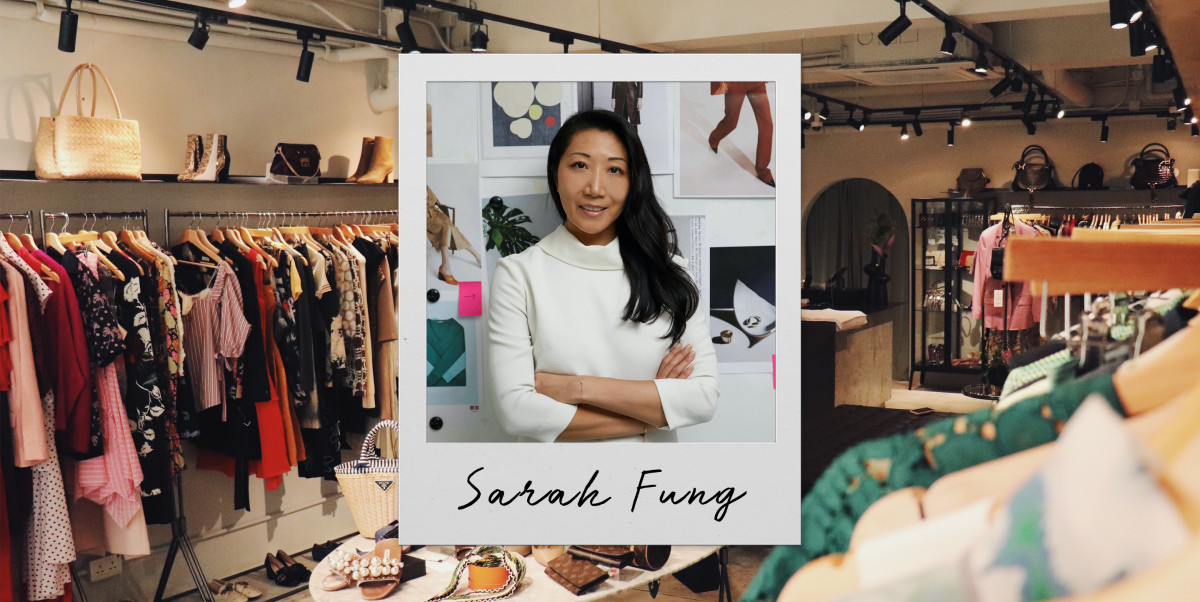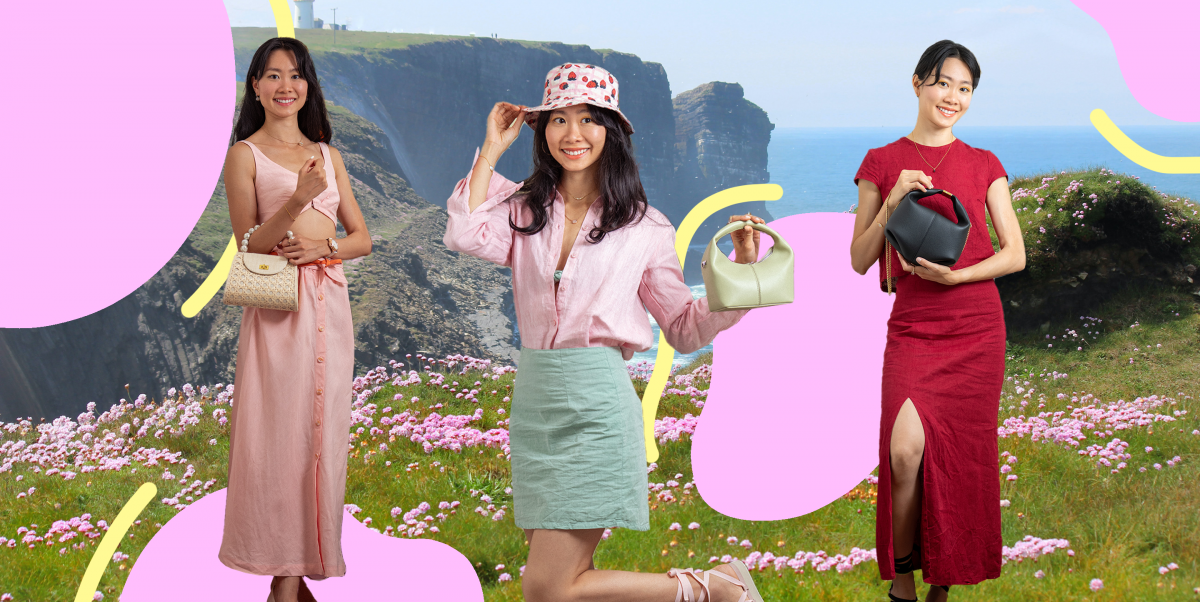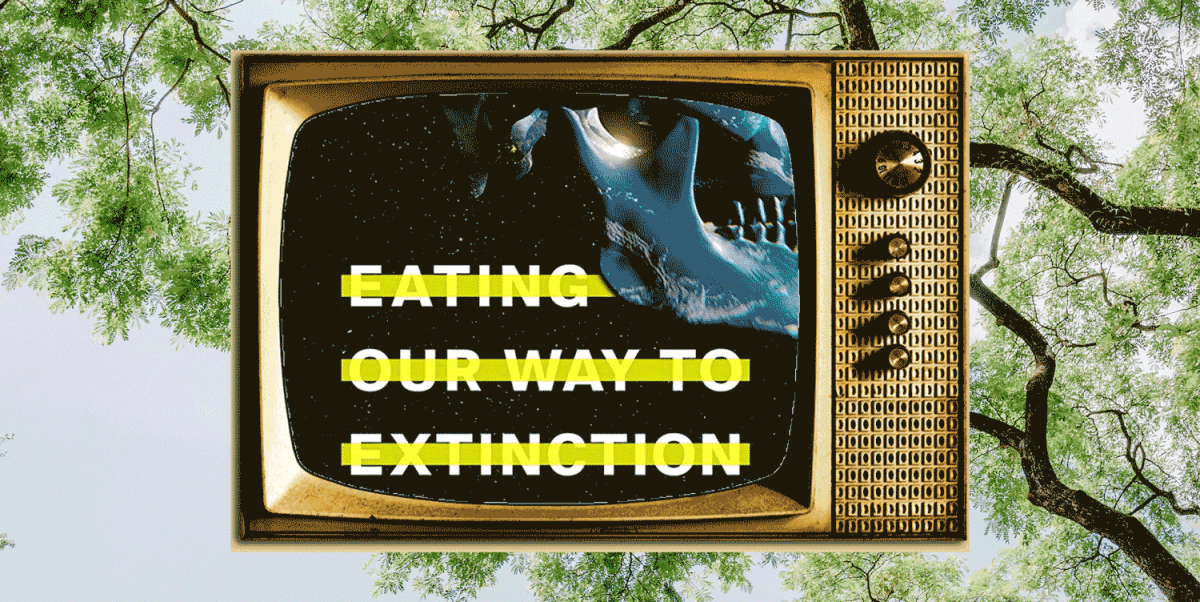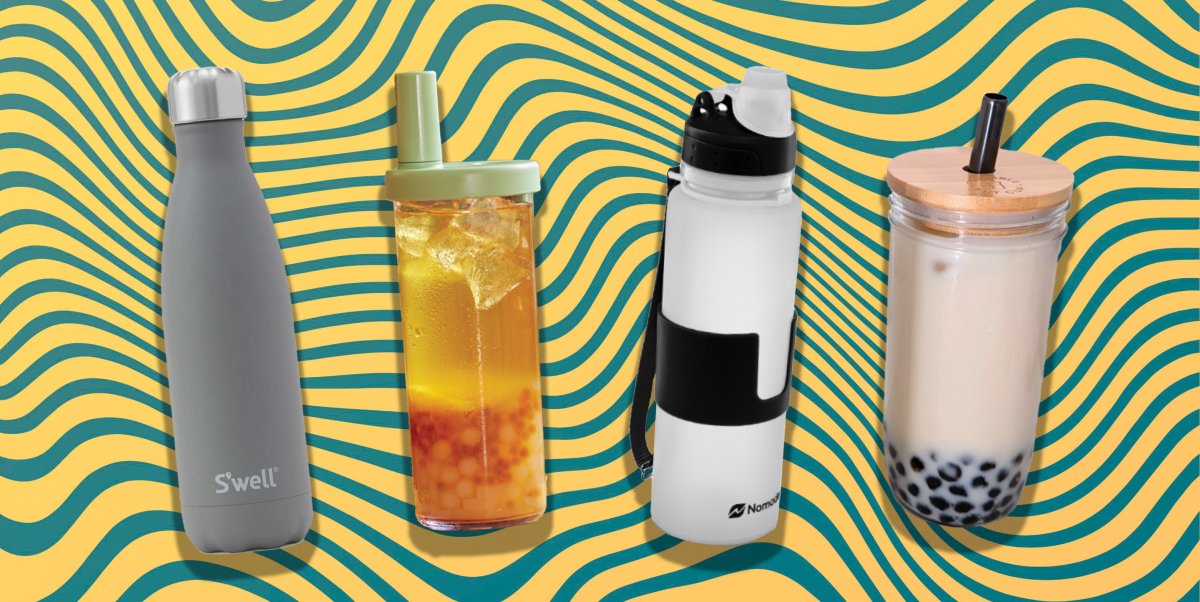Did you know that 85 percent of all textiles are thrown away each year? Well, this week’s ‘8Shades Of’ is with someone who hopes to help change that alarming statistic – Sarah Fung, founder of pre-loved luxury fashion mecca HULA.
As well as shopping for pre-owned designer fashion on their website, HULA has a Wong Chuk Hang warehouse and a Central boutique where you can browse hundreds of fabulous pieces in-person – meaning there’s no excuse not to get in on the pre-loved action!
We chat to Sarah about what inspired her to start HULA, whether there’s a stigma around second-hand clothing and her top tips on making our wardrobes more sustainable.
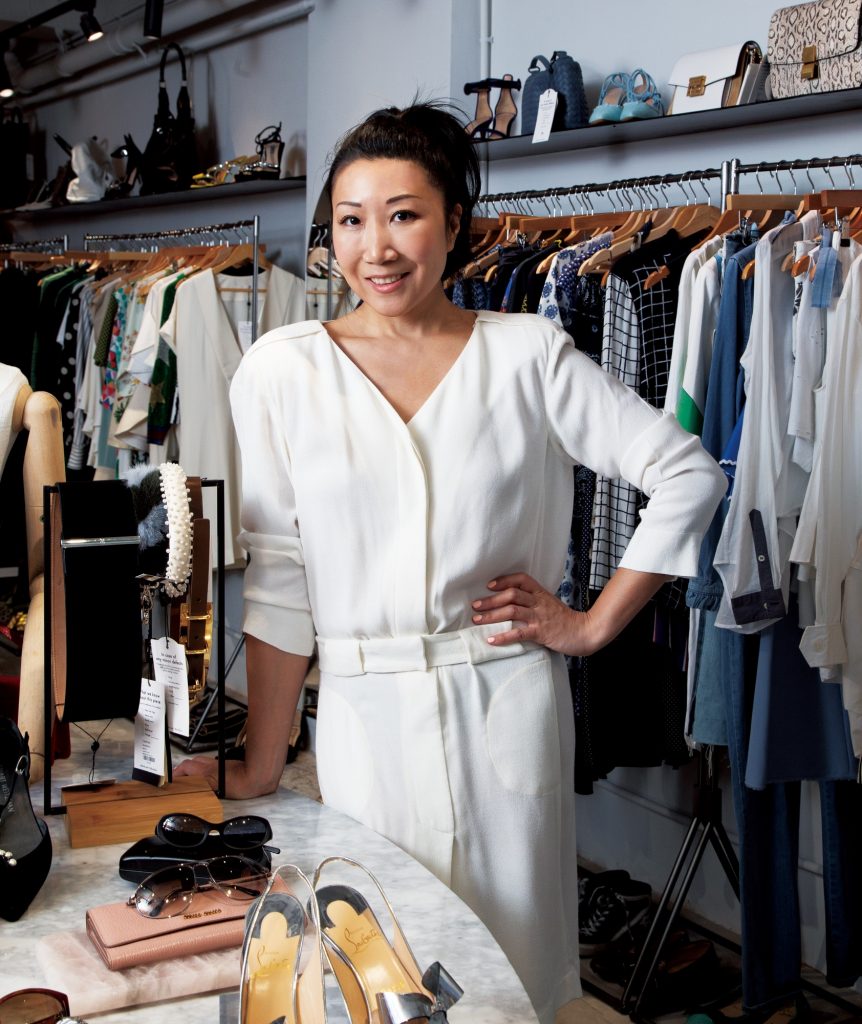
1. In one sentence, tell us what you do?
I’m the founder and CEO of HULA – a highly curated, authenticated consignment business selling the best luxury womenswear, bags, shoes and accessories. HULA helps customers monetise their wardrobe while offering consumers the best authentic, pre-owned, designer womenswear at up to 95 percent off retail price. In short, I turn people’s waste into other people’s treasures!
2. Why are you an 8Shader?
The rise of fast fashion and consumerism has made textiles waste one of the biggest polluters worldwide – which became a massive reason for starting HULA.
I used to work at Lane Crawford’s head office and realised how much waste there was in the fashion industry – not only on the retail side, where a product would have an 8-12 week shelf-life before going to the sales bin, but also among friends who would often ask where to get rid of items they no longer wanted. I knew there would be an opportunity for this type of business… plus loads of amazing products to unlock in my friends’ wardrobes!
Having previously founded my own lingerie and swimwear label, I also really appreciated the effort that goes into designing, producing and marketing a collection – so I wanted to make it HULA’s mission to extend the lifespan of well-crafted fashion pieces too.
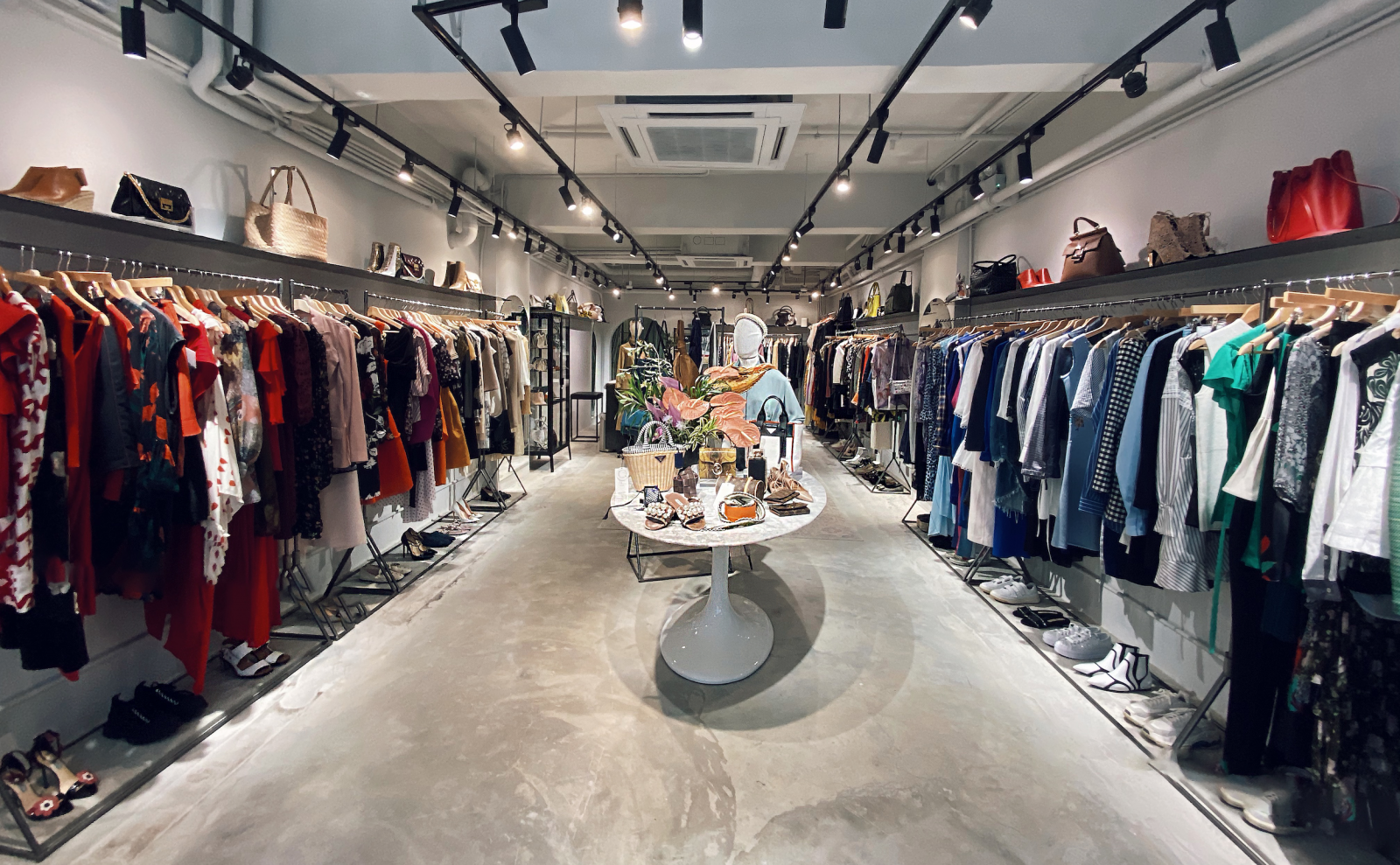
3. What’s your best eco habit – and your guilty not-so green one?
Of course, its shopping mostly second-hand fashion! I’m also almost vegetarian throughout the work week. My guilty pleasure is that I love jumping on a plane to travel.
4. Fave eco brands?
For fashion, I love Gabriela Hearst and Cult Gaia. For lifestyle, I can’t live without Oatly oat milk for my go-to daily latte fix! I also love ECOS household products – they work really well and smell so good!
5. Fave veggie dishes in Hong Kong?
Treehouse’s veggie bibimbap, Dandy’s Organic Café’s veggie curry with brown rice and Maison Libanaise’s mixed rice, Lebanese salad and roasted cauliflower with tahini sauce.
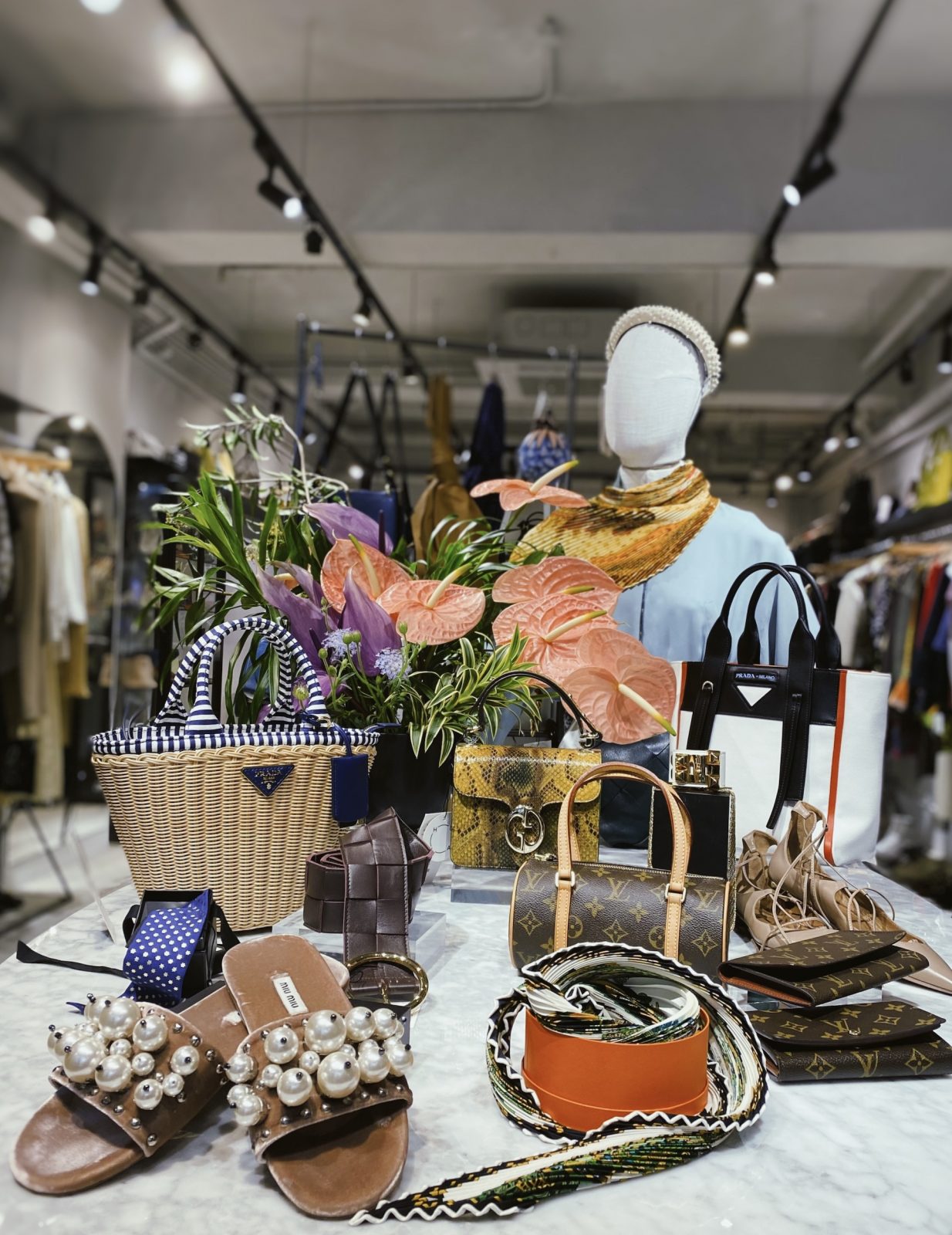
6. Do you think there is still a stigma when it comes to buying second-hand?
Shopping second-hand is still not broadly accepted amongst local Chinese. Superstition has partly held this market back from developing over the past decades, because second-hand clothing was known to come from someone who had passed away or was sold due to lack of money – so buying pre-owned was deemed ‘unlucky’.
Luckily, times have shifted and the pre-owned market is now widely more accepted… So much so that the second-hand market is projected to double over the next five years, growing eleven times faster than the broader retail clothing sector; it’s also set to become twice the size of fast fashion by 2030!
We’ve seen a surge in shoppers shifting their mindset about buying pre-owned, from it being something they were ashamed of to something they’re now proud of. Pre-Covid, we did lots of events and discussions, tackling issues about fashion sustainability and really bringing the community together. The new generation are popularising pre-owned in a big way – and I’m glad we stuck through the hard times to see this market grow and finally break some barriers.
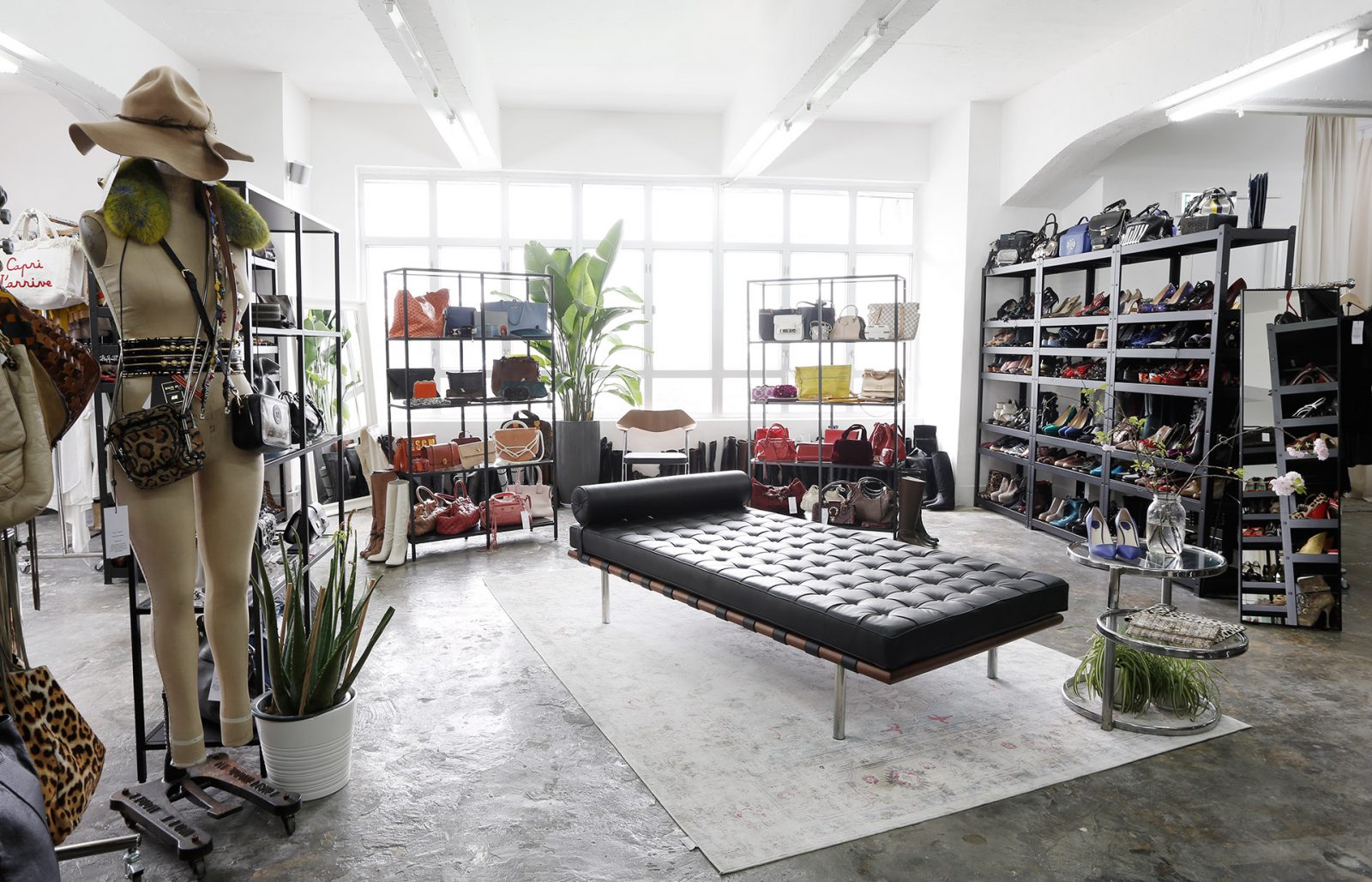
7. What are some simple tips for a more sustainable wardrobe?
If you’re looking for key capsule wardrobe pieces, make sure they will last! Buy better quality pieces from better brands so items are easier to resell should you tire of them afterwards. If you can’t afford high-end brands, shop from luxury consignment stores like HULA, where pieces are a fraction of the price. Shopping pre-owned opens up a world of styles and brands you might never have considered or could afford previously.
Look for fabrics that are easier to maintain or can be cleaned regularly such as silk, cotton, linen-mixes and bamboo rayon or viscose and make sure you don’t over-wash your pieces. To be more sustainable, some pieces can be worn at least 3-7 times before being washed – this will ensure your pieces don’t look old and over-washed too soon.
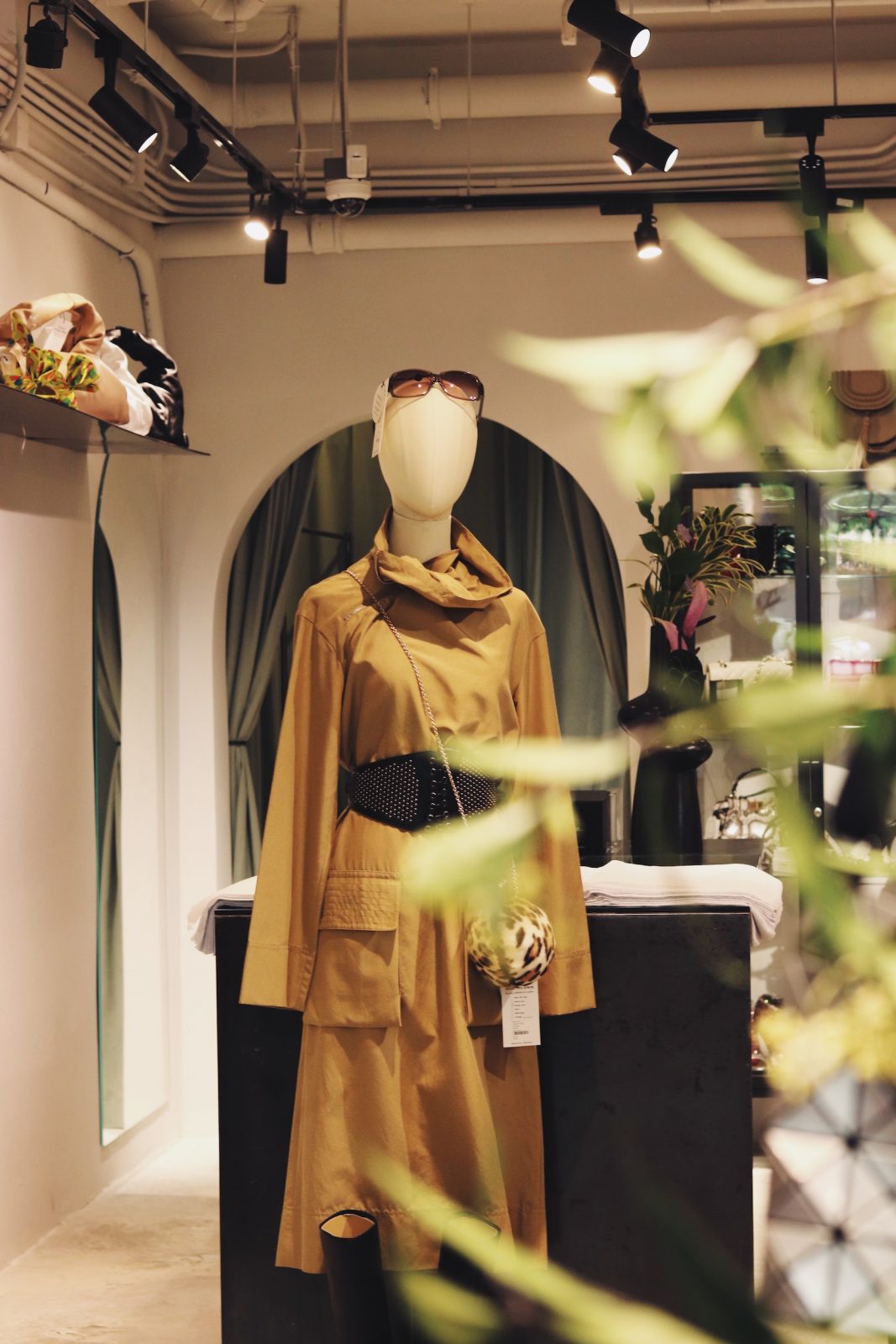
If you want a more unique look without wearing what everyone is wearing this season, shop vintage items that are unique and not so recognisable. These pieces will become your wardrobe treasures and will help define your look.
And of course, please buy pre-owned fashion! Extending the average lifespan of clothing by just three months of active use per item would lead to a 5-10 percent reduction in its carbon, water and waste footprints. Buying pre-owned really is the quickest way right now – aside from buying nothing – to help solve fashion sustainability.
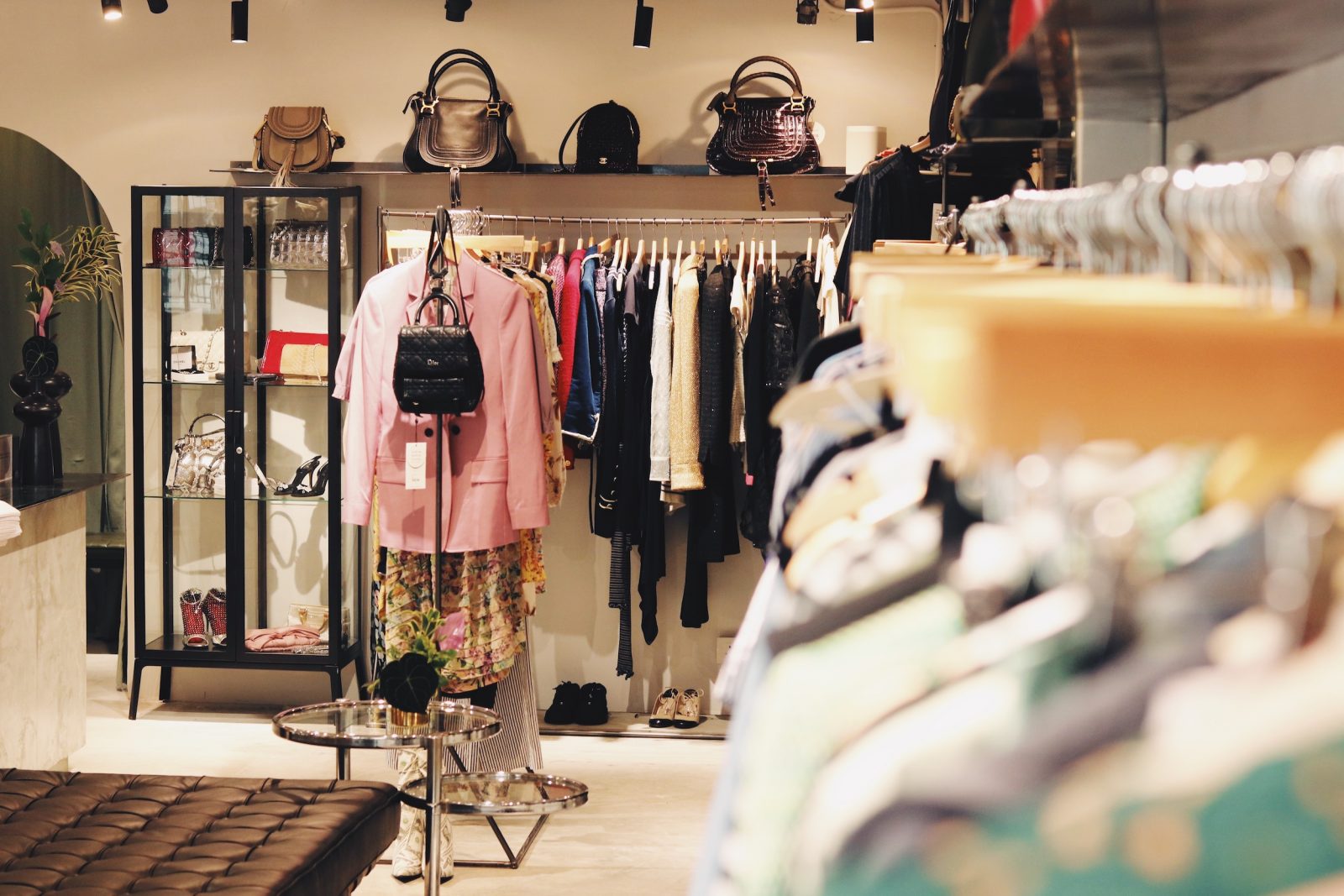
8. What shade of green are you?
A vintage olive green – it’s such a classic colour and I love vintage style!
Find out more about HULA on their website and Instagram
NEXT: See all ‘8Shades Of‘ interviews
Sign up for the 8Shades weekly newsletter to get our top stories in your inbox!
